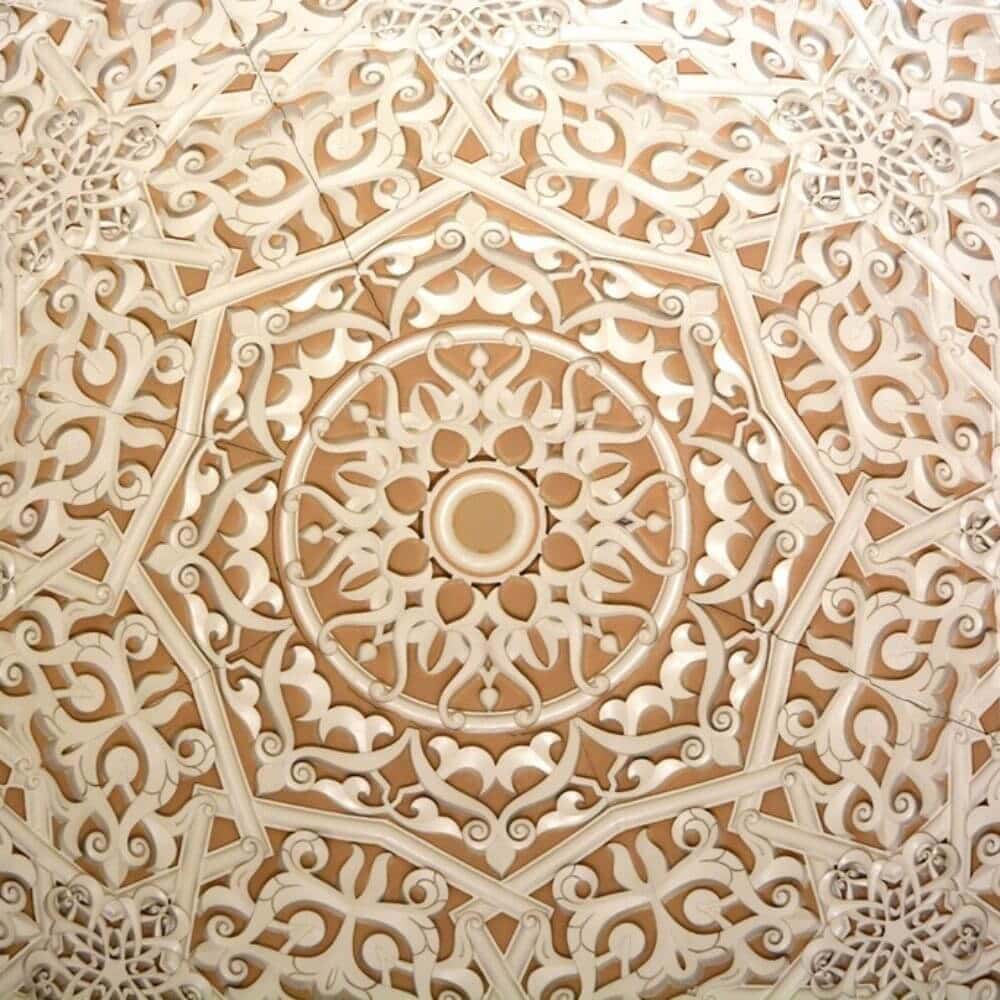In Kenya, the legal and regulatory framework supporting public Awqaaf has developed significantly, including the supervision of public Awqaaf.
The Waqf Commission, for instance, was established in 2022 under the Act No. 8 to manage Awqaaf and ensure individual Waqf-level Shari’a compliance, financial transparency and socioeconomic gain as per the intentions and wishes at the time of the creation of the Waqf. Similarly, the private Waqf provides flexibility to adapt the Waqf structure so that it is created for the benefit of the family and future generations of the family. Thereby providing a Shari’a-compliant tool available to families for succession planning and governance.
A vital component towards succession planning – the essence of having a jurisdiction with good governance and regulatory structures on Shari’a-compliant products.
An international finance centre (IFC) like Jersey presents a compelling option for individuals like Mary, who seek to ensure the enduring success of their business ventures and investment. Jersey IFC, with its impressive management of US$1.5 trillion in wealth, provides a welcoming environment for investors and has, if applicable, the capability to uphold the principles of Shari’a-compliance, characterised by a flexible legal framework, a progressive regulatory system, and a tax neutral setting. These attributes firmly position Jersey’s IFC as a clear leader for Islamic financial services and support families seeking such specialised succession and governance support.
What sets Jersey’s IFC apart from other jurisdictions is its inherent compatibility with a wide array of Shari’a-compliant structures and contracts, including encompassing Awqaaf, within the existing legal framework. We successfully support families from across the globe that wish to incorporate their religious and ethical beliefs and traditions within their overall succession and governance plan.
An in-depth analysis of the Waqf principles in a Kenyan context
For Muslims, their religion encourages and bestows an innate inclination to accumulate personal wealth, while preserving and building family ties and values, always mindful of the impact on the wider community. Furthermore, their religion prescribes safeguards about passing down their wealth to the next generation, thereby securing their future prosperity. There is evidence both in the Quran (holy book for Muslims) and Hadith (practices as prescribed by the prophet of Islam) which supports wealth succession planning and management. For Muslims, as custodians of any and all wealth in their possession and control that ultimately belongs to the Almighty, it is a religious duty to adequately and correctly provide for succession, and by implication robust governance, at the family level to ensure so.
For Muslims, their religion dictates the necessity of proactive measures and thoughtful planning, even in the face of an uncertain future. Many Muslims believe, through their religious learnings, the wisdom in having a succession plan in place to ensure the secure transfer of their hard-earned wealth to their children in the most prudent manner possible. They underscore the virtuous nature of parents emulating the actions of those deemed ‘righteous’ by taking every requisite step to accumulate wealth through lawful means and to meticulously strategise for the future well-being of their children. Given the unpredictability of life and the possibility of sudden demise, it is not only advisable but imperative to establish a comprehensive succession plan. Succession planning not only minimises potential harm but also guarantees a brighter spiritual, moral, and material future for one’s children and future generations to the greatest extent possible.
Charitable Spending
The concept of spending on charitable endeavours and the spirit of giving in the broader sense, covers all types of charitable spending including spending on one’s family and providing for their future spiritual, educational and material needs. This is in addition to spending on the wider community. For centuries, Muslims used the institution of Waqf and family Waqf to financially support the poor, the needy and one’s children.
Waqf, a form of Shari’a-compliant endowment, refers to a dedication or setting aside of a certain property or portion of wealth and devoting its benefit to certain specific causes, including social, religious and charitable causes, for a period or in perpetuity. Waqf is one form of continuous charity (Sadaqah Jariyyah), an act that would benefit the donor after they have passed, deriving spiritual reward from the benefit that the Waqf bestows on its beneficiaries long after the donor’s death. The property devoted to the Waqf for example must be capable of yielding continuous benefit to its beneficiaries for the prescribed period of the Waqf. This concept of continuous charity is rooted in the religious principle that “When a man dies, his physical capacity to perform good deeds and acts come to an end, but the good derived from three sources continue after his death: recurring charity, knowledge (by which people) benefit and a pious offspring who prays for him and seeks forgiveness for him.”
Succession Planning for Families
The institution of family Waqf is widely used by Muslim families as an instrument for the succession planning process and to enable a patriarch or matriarch to provide for the future prosperity of his or her children and close relatives. To put it simply, in a Family Waqf, the founder will declare his wealth as Waqf for the benefit of his children and thereby, provide for their future welfare.
The beneficiaries of a Waqf will be entitled to the revenue and benefit from the Waqf property but, will not ordinarily own the Waqf property itself, which will be vested with the Waqf. Family Waqf is one of the tools that Muslims use for wealth preservation and succession planning, within their religious beliefs.
The Family Waqf provides great flexibility and can accommodate very diverse wishes and intentions for distribution. It is a tool that can be used not only to protect the family wealth from fragmentation but also provide beneficiaries with a sustainable source of revenue.
Additionally, a Family Waqf may also benefit other public charitable entities, once the defined benefit for the family comes to an end. For instance, the founder could create a family Waqf for the benefit of his children and their successors and when there are no living family members, the Waqf could be structured to thereafter provide a wider defined purpose, for the benefit of, for example, the poor and the needy, in perpetuity.
Similarly, it is also possible that the founder stipulates that a certain percentage of the revenue of the family Waqf go to defined charities or charitable purposes.
For Muslims, a Family Waqf provides a structuring tool which can help protect and preserve the family wealth, while adhering to their religious beliefs and protecting the family’s long-term objectives and family legacy. The Waqf can also be extended to provide socioeconomic benefits to the wider community and society at large. Most importantly, a Family Waqf allows the founder flexibility to prescribe the key governance protections to ensure the aims and objectives of the Waqf are fulfilled transparently and with adequate supervision for the duration of the Waqf.


